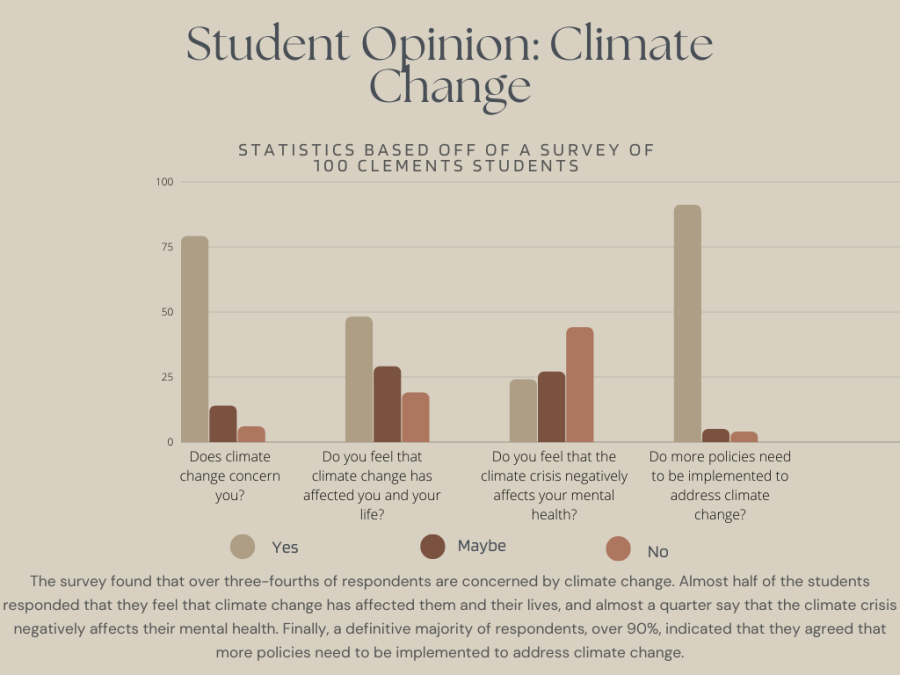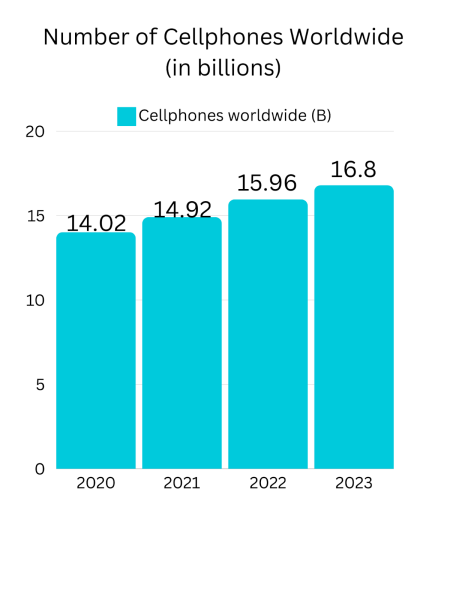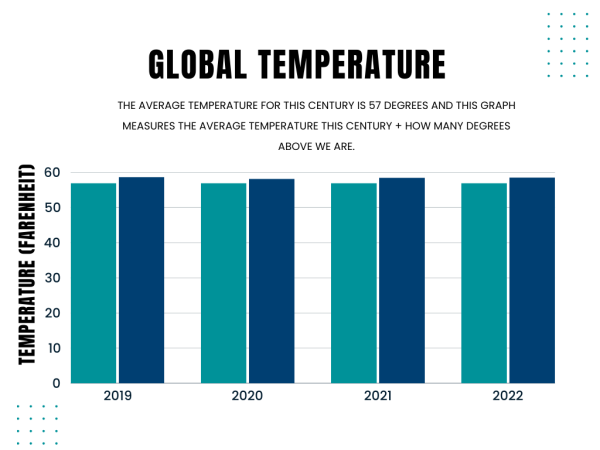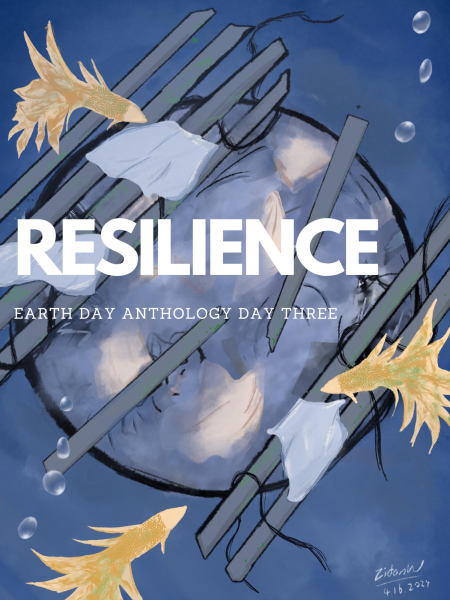COP27: Progress and Pushback
COP27 was held from Nov. 6 to Nov. 20, in Sharm El-Sheikh, Egypt. As a global meeting for countries to address climate change, COP – Conference Of the Parties – is a valuable opportunity for the world to make significant strides in fighting climate change. This year’s meeting, the twenty-seventh since 1995, was not an all-around victory for the climate, but it delivered a landmark deal and proved to be especially significant for young people.
COP27 produced a prominent success through the creation of a landmark loss and damage fund. Loss and damages, or climate reparations, account for the historical role of developed countries like those in the European Union or the United States as the largest emitters of the greenhouse gases causing climate change and climate-caused disasters. Developing countries, despite having contributed the least to climate change, are disproportionately affected by these disasters.
According to the Guardian, at COP27, developed countries agreed to provide compensation for damage caused by these disasters in developing countries, like the hurricanes that frequently devastate islands in the Caribbean, allowing developing countries to better recoup and recover in the future.
COP27 was also a landmark for young people. Activists, especially young people, play a role in every COP and are the driving force behind the global climate movement. According to CNBC, this year, COP included the first official youth representative, Omnia El Omrani, and saw the creation of the Action for Climate Empowerment (ACE) action plan, which includes young people as stakeholders in climate policy.
In a student opinion survey, over three-fourths of respondents answered affirmatively that climate change concerns them, and over ninety percent of respondents answered affirmatively that more policies need to be implemented to address climate change. Going forward, the youth constituency of COP, known as YOUNGO, will be able to participate in making climate policies and shaping the future of the environment.
However, COP27 was not a decisive victory. Critical commitments regarding pursuing 1.5°C and phasing out fossil fuels were left out of the deal reached at the meeting.
Limiting average global temperature rise to 1.5°C is a target outlined in the Paris Agreement that was created at COP21 and has since become a key goal of the global fight against climate change; it is key to preventing climate-related floods, drought, extreme heat, and poverty around the world. Like timing each lap in a mile, several deadlines must be met in order to reach this goal, but the Guardian reported that one such target, a target for emissions to peak by 2025, was cut at COP27.
COP27 may have delivered success for loss and damages, but one victory is not enough to guarantee that the ultimate goal of 1.5°C will be met, especially with the elimination of short-term targets. The battle against climate change endures, but with developing countries and young people now given louder voices, the fight promises to be more inclusive and just from now on.
Further reading:

Hi! My name is Karen. I’m a junior and this is my third year on the RoundUp. I love reading and writing; some of my favorite books are “The Moment...











